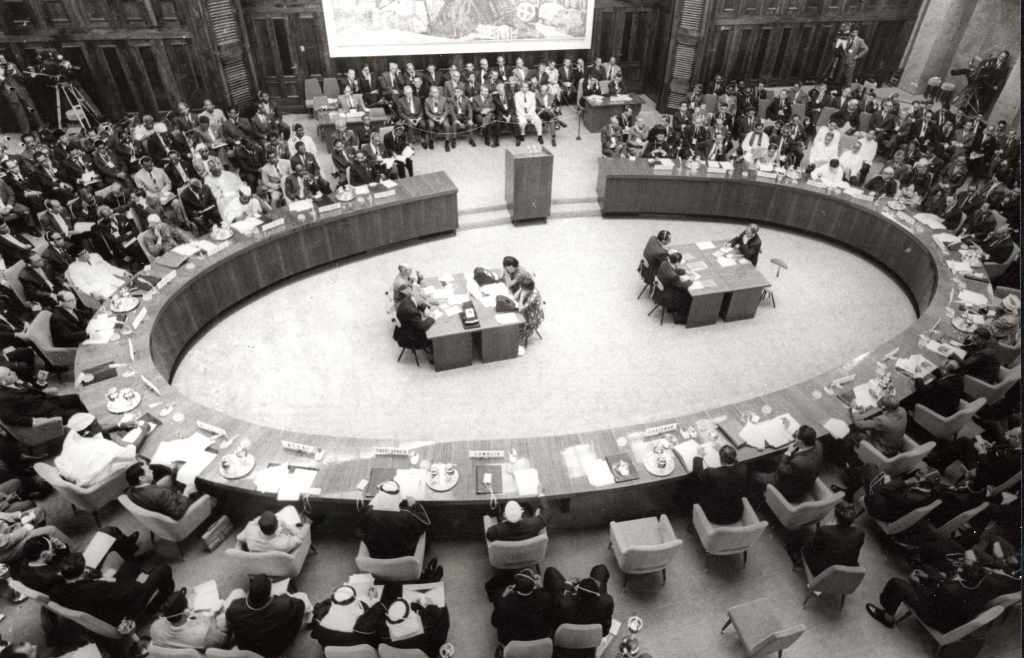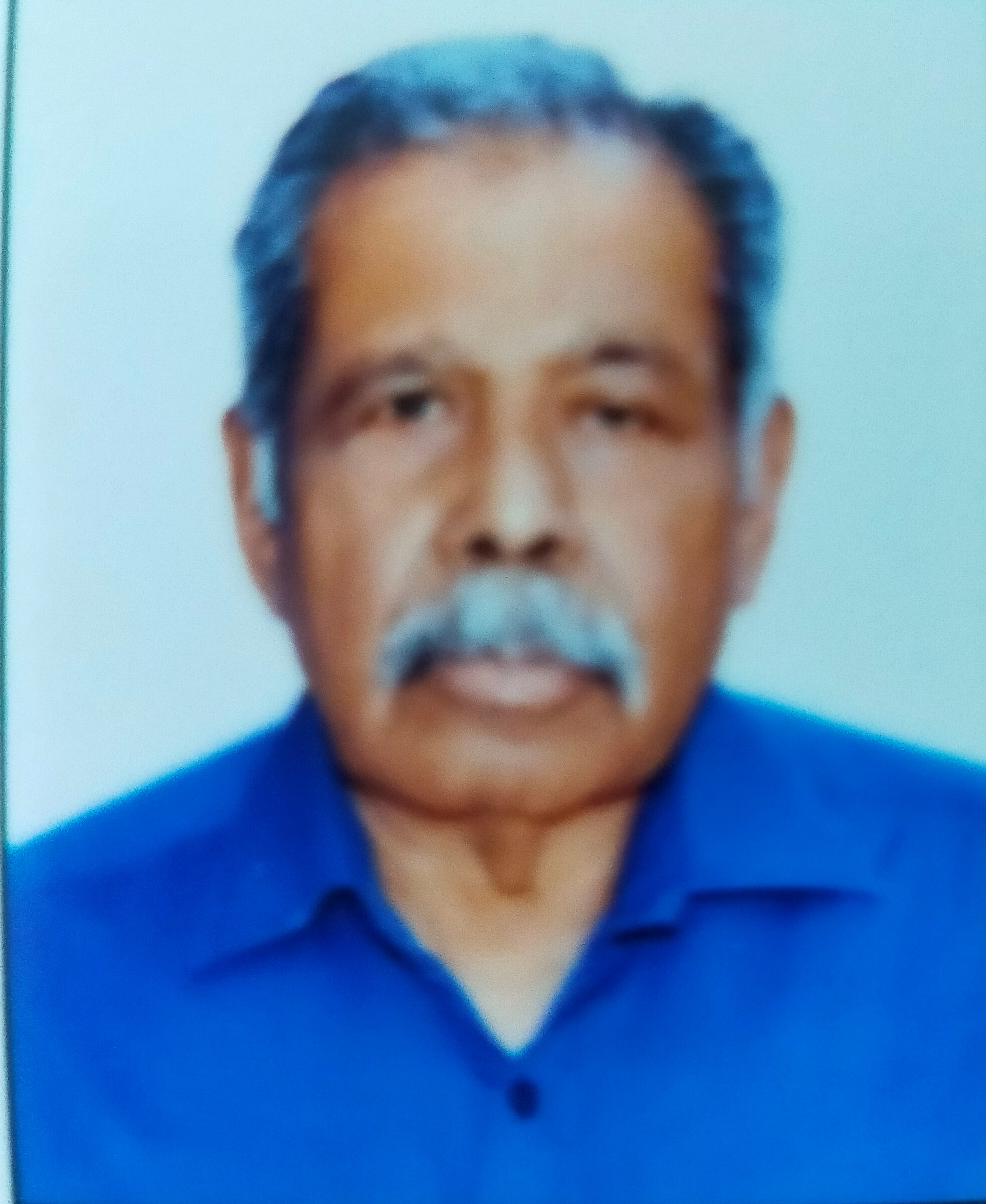
The World is Missing a Strong NAM

The first ambassador of Japan to India, while recording his reminiscences, makes a reference to a remark made by Prime Minister Nehru during his first call that true independence of a country resides in its foreign policy and the rest was just municipal administration. Surely, keeping roads clean, hiring good teachers of mathematics or ensuring that children are inoculated in time do not demand judgments and choices, but rely solely on efficiency and proper allocation of resources. Whether administrators use their own resources or rely on support from elsewhere can hardly impinge on the quality of these activities either.
That foreign policy activities belong to a qualitatively different category ought to be beyond debate or dissection.
It is notable that this deeply thought about remark of Nehru was made to the ambassador of Japan. We must keep in mind that, to the Indian elite of the first half of the previous century, Japan was the first among Asian countries, a much looked up to country in their quest of regeneration. After the end of the Second World War, Japan recovered its independence; but Nehru would have been disappointed with the restraints with which recovery of national freedom came to Japan. That was why the Indian government under Nehru’s leadership did not take part in the San Francisco Conference that signed the peace treaty, but arranged for a separate meeting in Tokyo to sign its treaty bilaterally.
It would be fair to see this decision as the first practical foreign policy action of independent India that described in practice the independent path opted by India, anticipating the theory and practice of nonalignment by several years. The conference was convened by the USA and almost everybody was there including even Pakistan which was not around to declare war on Japan, with the Soviet Union and People’s Republic of China being the notable exceptions; that makes our action a striking illustration of sovereignty in action as defined by Nehru.
It was not easy to convert the concept into widespread practice in a world of fifty odd independent countries constituting the United Nations with many remaining outside thanks to the bickering between the two big powers and an even larger number continuing to be colonies and thus not deemed fit to be members of that body despite, rather in defiance of, the proclamations by the UN on decolonization.
Therefore, the first urgent task was to decolonize the world, increase the membership of the UN and create heft for the nations from Africa and Asia. The action that went in parallel was the assembling of these nations, impoverished by colonial exploitation, for collective action. UNCTAD, targeted official development assistance by the well off, better attention to the Least Developed nations, were all results of this campaign for economic decolonization.
Politically, the most effective change was the expansion of the UN Security Council from eleven members to fifteen with a slightly better representation for Asia and Africa. Together with the vigorous action on development issues by Latin American states, the new grouping had the numbers and the ideas to set a fresh agenda in the UN.
We can say with pride and satisfaction that India was in the forefront in every campaign – decolonization, representation of China, and equitable economic development, with our actions based on the Nehruvian criterion and objective of independent foreign policy as the true measure of a country’s independence. That became possible because a vigorous nonaligned group of nations existed in all international fora and we were deeply and effectively involved in shaping consensus on its policies, agenda for action and tactics in the battlefields of the UN and its agencies.
We must remember that permanent membership of the Security Council happens to be the most archaic and fossilized part of the international decision-making system even now. The League of Nations, established in 1919, started life with USA, UK, France, Italy and Japan as permanent members. Germany and the Soviet Union were added in the 1920s.
Isn’t it uncanny and amazing that, for all the changes that have taken place in this world for more than a century, hardly anything has changed except that China is in and Japan is out. But Germany and Japan are demanding their ancient places back? Even the one change, the inclusion of China, was some kind of a lucky hit because Franklin Roosevelt who ensured that China was included did so to appease Chiang Kaishek of the fragile Kuomintang while acquiring a faithful supporter; the success of the Liberation in China was still unforeseen in 1945 and, even when it happened, unwelcome, making the seating of the People’s Republic in the UN a notably long drawn-out struggle.
With this history of a century long, notably antiquated stranglehold of a few, we can look back and contemplate how remarkable a phenomenon it was that the nonaligned countries functioned as a veto holder without the right to cast a veto during the 1960s, through 1990. The NAM had six to seven members that made it impossible for any resolution to pass without their support in the Security Council where a draft required the qualified majority of nine supporting votes.
We may call it our veto but we should not do so. Our agenda and programs were in the interests of the collective who had been denied their rights, even their very being as nations. This veto was not meant to protect unfair privileges and to thwart the will of the majority but to articulate the hopes and aspirations of a majority. By the same token, this solidarity was scattered in the 1990s and this proved to be detrimental to the interests of the same group of nations.
Let us illustrate it with a simple thought experiment. If we did have NAM now, the group could have taken the initiative to anticipate the shooting going on now and prepare decisions by the UN if they had remained united in the spirit of the fable of the bundle of sticks. Also observe that, if a united NAM had existed in the UN, the united NAM would have ensured that a veto would not even have been cast.
We would not be helpless witnesses to events that would harm us surging around with the ferocity of a very destructive tsunami.
The current crisis, as with the several earlier ones that have brought immense harm to all of us in Asia, Africa and Latin America and those waiting to happen are grim reminders of what awaits us when we forget what we achieved through our united will, and, like the individual sticks in the fable, have allowed ourselves to be manipulated and divided.
*****************
Disclaimer
The opinions expressed in this article are the author’s own and do not reflect the views of Chanakya Forum. All information provided in this article including timeliness, completeness, accuracy, suitability or validity of information referenced therein, is the sole responsibility of the author. www.chanakyaforum.com does not assume any responsibility for the same.
Chanakya Forum is now on . Click here to join our channel (@ChanakyaForum) and stay updated with the latest headlines and articles.
Important
We work round the clock to bring you the finest articles and updates from around the world. There is a team that works tirelessly to ensure that you have a seamless reading experience. But all this costs money. Please support us so that we keep doing what we do best. Happy Reading
Support Us





















POST COMMENTS (0)